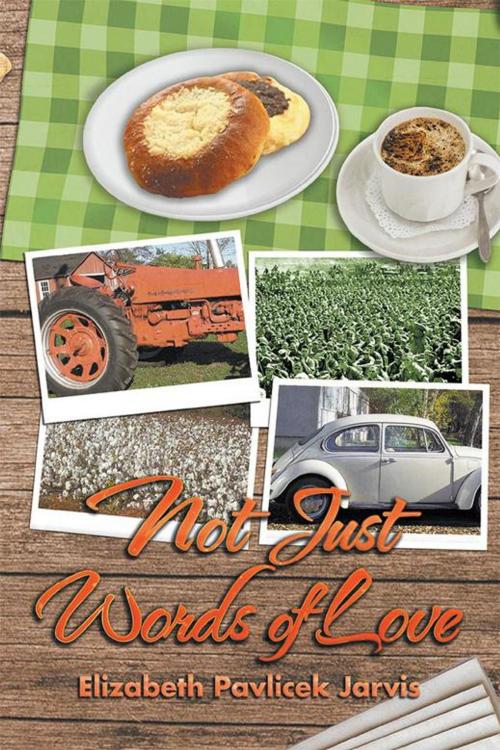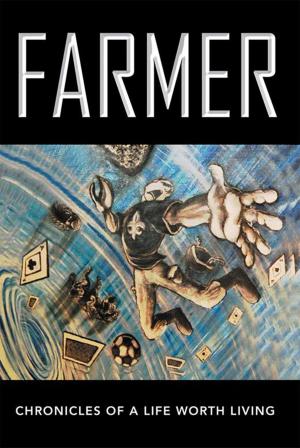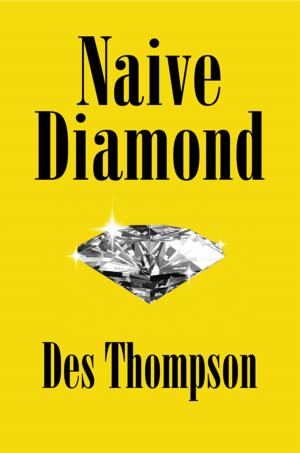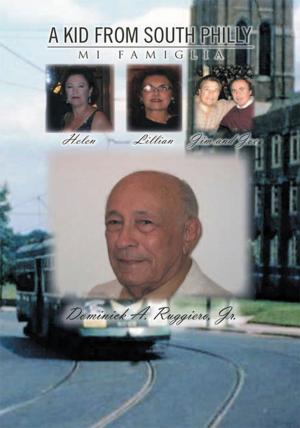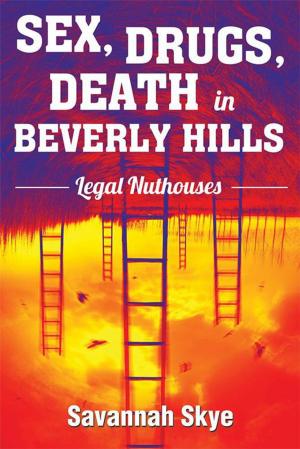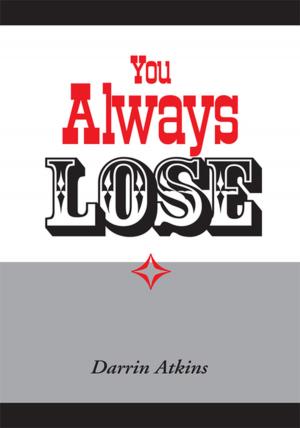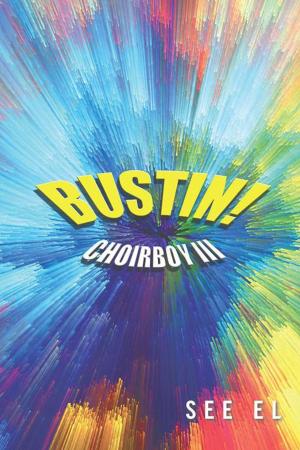| Author: | Elizabeth Pavlicek Jarvis | ISBN: | 9781503554337 |
| Publisher: | Xlibris US | Publication: | April 10, 2015 |
| Imprint: | Xlibris US | Language: | English |
| Author: | Elizabeth Pavlicek Jarvis |
| ISBN: | 9781503554337 |
| Publisher: | Xlibris US |
| Publication: | April 10, 2015 |
| Imprint: | Xlibris US |
| Language: | English |
After a year of college and at the beginning of summer 1968, Olga Orsak was ready to return to the cotton farm she and her sister called home. During the drive from Houston to the farm, Margaret, her sister, reminded her, As soon as summer is over, youll be ready to leave the slave fields. Olga, with the memory of her college boyfriend in her head, returned to the farm feeling responsible to help in the care of her severely handicapped sister, Agnes. In addition, in the absence of her older brother, who had recently turned hippie, her father would need help with fieldwork. They had always chopped and picked cotton during the summer, and this summer would be no different. It would be an ordinary summer. But her world turned upside down in the events of that summer, beginning with the arrival of a stranger, a young man named Jon Cove, who wanted to work on the farm. In the beginning she resented his presence, angry that he had encroached into her world where Czech was the first language and the care of her handicapped sister was her first priority. She was conflicted with the realization that despite the fact she loved Richard, she was becoming extremely attracted to John, despite his reluctance to share his story. Eventually, when Jon shares that he has returned from Vietnam, Olga naively lays on him the guilt of the Vietnam conflict and her own bias, but that doesnt stop him from taking her to a polka dance and the beach on the Gulf Coast. She, in turn, shows him how to grind poppy seeds and pick roasting ears. He plays the harmonica for Agnes and repairs a kitchen window fan for her mother in between working with Olga in the field, chopping, and then picking cotton. In the ordinary life on the cotton farm, historic events and a changing social attitude also flowed like a river through Olgas summer of 1968 and sometimes buffeted her violentlythe assassination of Robert Kennedy, the invasion of Czechoslovakia, a murder, the Vietnam protesters, a classmate of Olga dying in the jungles of Vietnam, and the Civil Rights movement. When summer ends, and in the absence of Agnes and Jon, Olga returns to Margarets apartment in Houston knowing that the summer of 1968 was no ordinary summer; it was living through a profound learning summer.
After a year of college and at the beginning of summer 1968, Olga Orsak was ready to return to the cotton farm she and her sister called home. During the drive from Houston to the farm, Margaret, her sister, reminded her, As soon as summer is over, youll be ready to leave the slave fields. Olga, with the memory of her college boyfriend in her head, returned to the farm feeling responsible to help in the care of her severely handicapped sister, Agnes. In addition, in the absence of her older brother, who had recently turned hippie, her father would need help with fieldwork. They had always chopped and picked cotton during the summer, and this summer would be no different. It would be an ordinary summer. But her world turned upside down in the events of that summer, beginning with the arrival of a stranger, a young man named Jon Cove, who wanted to work on the farm. In the beginning she resented his presence, angry that he had encroached into her world where Czech was the first language and the care of her handicapped sister was her first priority. She was conflicted with the realization that despite the fact she loved Richard, she was becoming extremely attracted to John, despite his reluctance to share his story. Eventually, when Jon shares that he has returned from Vietnam, Olga naively lays on him the guilt of the Vietnam conflict and her own bias, but that doesnt stop him from taking her to a polka dance and the beach on the Gulf Coast. She, in turn, shows him how to grind poppy seeds and pick roasting ears. He plays the harmonica for Agnes and repairs a kitchen window fan for her mother in between working with Olga in the field, chopping, and then picking cotton. In the ordinary life on the cotton farm, historic events and a changing social attitude also flowed like a river through Olgas summer of 1968 and sometimes buffeted her violentlythe assassination of Robert Kennedy, the invasion of Czechoslovakia, a murder, the Vietnam protesters, a classmate of Olga dying in the jungles of Vietnam, and the Civil Rights movement. When summer ends, and in the absence of Agnes and Jon, Olga returns to Margarets apartment in Houston knowing that the summer of 1968 was no ordinary summer; it was living through a profound learning summer.
